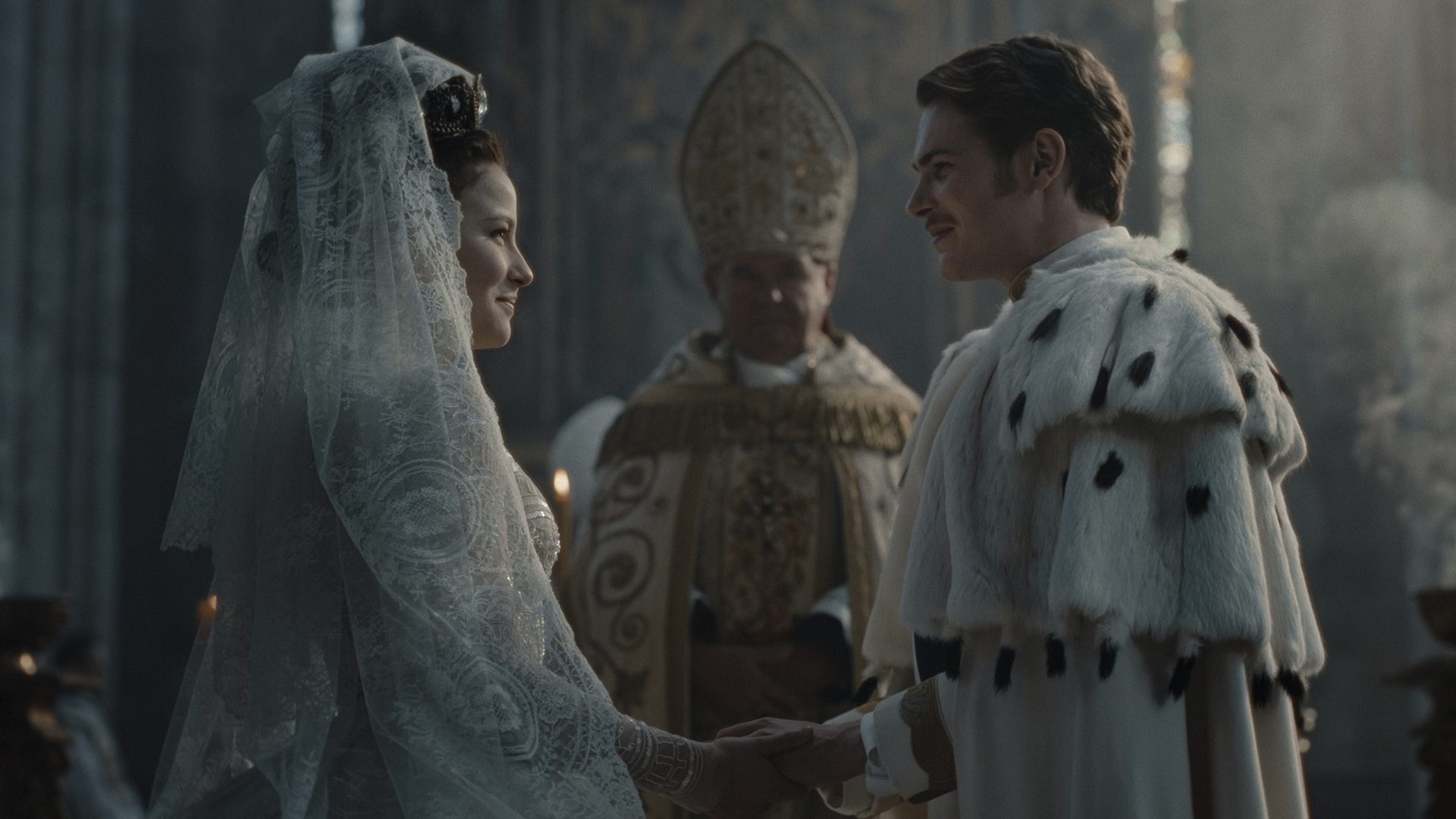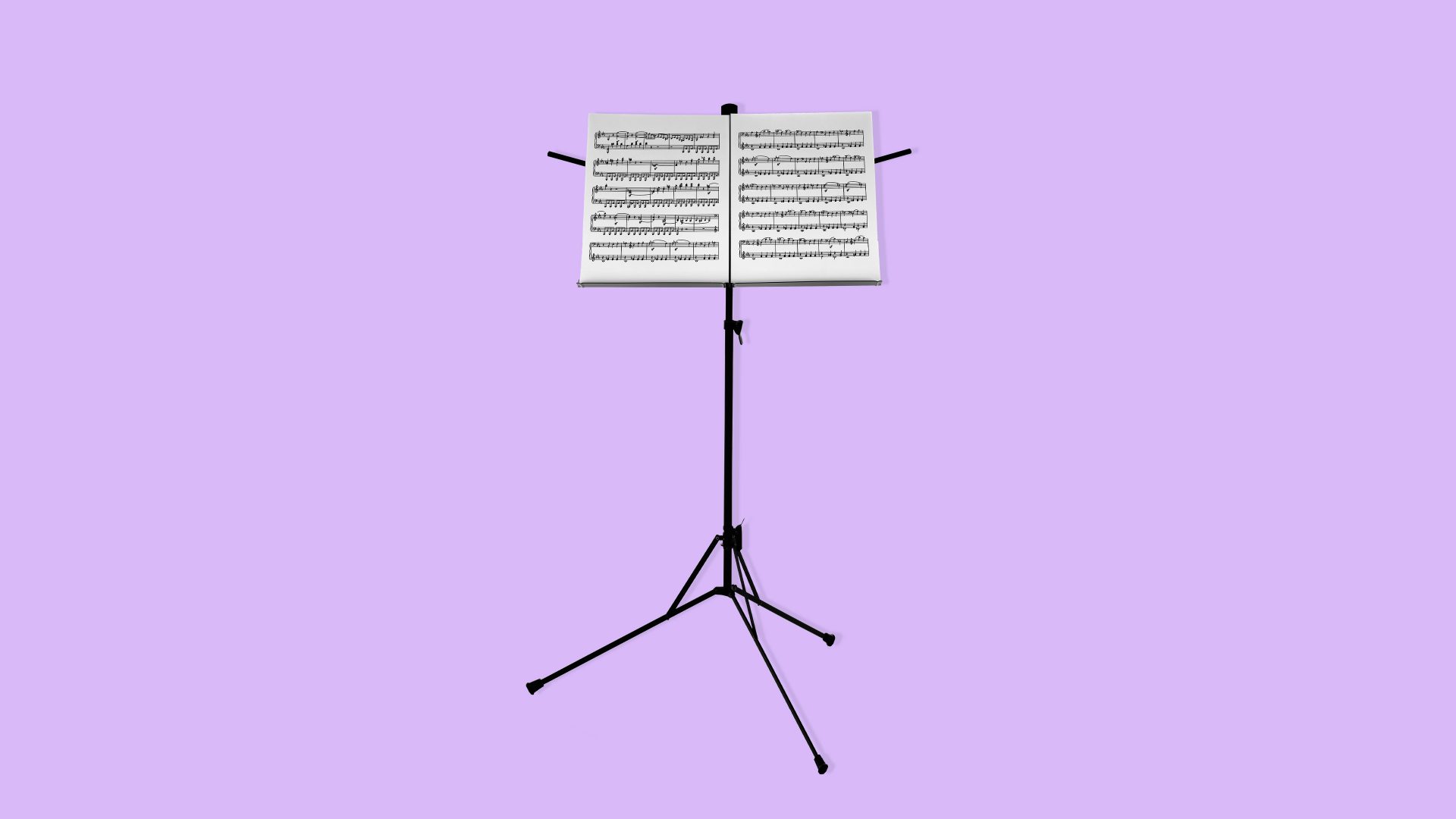Our society has a short attention span. We’re always searching for, or being pointed to, the next big thing. As a young girl, I was being told that 20 was the new 30 and that I should ditch my cargo pants for low-rise jeans. Even one of the shows we devour was named after this principle, Orange Is the New Black.
Now, reviewers are touting the idea that the new German historical drama
The Empress is the new The Crown. Based on the real life of Elisabeth of
Bavaria – known to the world as Sisi and played in this reimagining by Devrim Lingnau – the six-part series brings to life the story of the German
princess turned Austrian empress who, despite her titles, never aspired for a royal life. Her heart, however, had other ideas.
In the summer of 1853, she accompanies her mother, Duchess Ludovika of Bavaria, and older sister Helena (Elisa Schlott) to meet Emperor Franz Joseph, played by Philip Froissant, in the town of Bad Ischl. After a failed assassination attempt a few months prior, there is a sudden urgency from the emperor’s mother, Archduchess Sophie, to find the 22-year-old ruler of the Habsburg Empire a wife and, subsequently, an heir. Enter Helena.
Demure and besotted by the pomp and circumstance of the royal court, the elder sister is presented as a superior candidate (despite not being the first choice). The course of true love never did run smooth, so naturally it is Elisabeth who captures the emperor’s attention after a bold, romanticised first encounter in the woods in the opening episode. Franz, as he is soon to be known to her, questions Elisabeth’s choice of footwear, or rather lack of (“it feels nice”). In return, she takes objection to his numerous inquisitions. The rest, literally, is history.
The comparisons to The Crown feel credible in that both feature characters who are contradictory in nature. On one hand, their lives are visible and belong to the people, but on the other, behind closed doors, they are utterly unknown to those they rule. Both private and public, their subjects are enigmas. This is the obvious struggle of any fact-based period drama as writers must strike a balance between dramatisation and historical accuracy while holding their audience.
While the on-screen Elisabeth’s visit to a factory to see her subjects’ working conditions for herself catastrophically backfires in one episode, in reality, Elisabeth was rarely seen by the Viennese public. In private, she donned facemasks of raw veal in an attempt to preserve her beauty, consumed wine with breakfast and worked out three times a day – eccentricities that matched the tattoo on her shoulder.
Perhaps it was her desire for privacy that ultimately led to her demise. Left
vulnerable after shirking off her bodyguards, she was assassinated in Switzerland in 1898 by Italian anarchist Luigi Lucheni. Riddled with grief, her untimely death famously left the emperor silent for months. This fate is destined to be depicted in the show’s second season.
Now, her cocaine syringe and gym equipment sit on display at Hofburg, the monarchy’s central Vienna home. The Greek antiques she collected are at Hermesvilla, on the outskirts of the city and her hearse rests at the family’s summer residence of the Schönbrunn Palace. In shops throughout the city, her face sits on rosé bottles and chocolate boxes. Today, all across Vienna, the late empress is ever-present. However, during the 19th century, she was
everywhere but Austria, determined to travel the world to avoid her own court not long after entering it.
Perhaps this created the modern obsession with her, as the air of mystery remains. In the 1950s, the Sissi film trilogy, starring Romy Schneider, painted the empress in a Disneyesque light complete with flouncy garments and adoration from both people and animals alike. This is understandable, however, when considering that the films belonged to the Heimatfilm genre that arrived in the German-speaking world after the second world war. They offered a window into a lavish world untouched by death and destruction. Now, The Empress offers another take and, after premiering at the Cannes Film Festival in May, Corsage endeavours to do the same when hitting silver screens this festive season.
As for The Empress, audiences are invited to watch Elisabeth’s attempts to
evolve Viennese court life and the Habsburg Empire itself after marrying
into it. This mission quickly turns her authoritarian mother-in-law against
her. Ironically, watchers are also exposed to the trials and tribulations of being a 19th-century female in the royal court. Elisabeth may have been a
mystery to the Austrian people, but within the palace walls, her bodily autonomy and behaviours were quite the opposite. She, as women had done
before her, endures virginity (or purity) tests, and is served breakfasts of raw eggs and placentas to improve her fertility. Her menstrual cycle becomes common knowledge as the palace awaits news of an heir.
Culture moves fast. But its current fixation is to cast its eyes backwards, obsessing over bringing eras lost to history back to life. Moreover, with the likes of Shonda Rhimes’s Bridgerton joining its ranks (together with the same soon-to-be-released Queen Charlotte: A Bridgerton Story), it’s a trope that’s not exclusively for true stories. Nearly 125 years after her assassination, the fascination over her reign continues. All hail the empress of Austria, and, indeed, all hail The Empress.
The Empress is streaming now on Netflix




